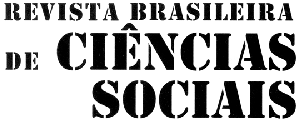The attempt to overcome the subjectivism/objectivism dichotomy is at the root of Bourdieu's praxeological perspective, whose core is the dialectical relation between individual conducts that are subjectively propelled by dispositions integrated into a habitus, on the one hand, and objective structures or "fields" of relations between differentially positioned and empowered agents, on the other. However, this approach has been portrayed by critics as a sophisticated version of neo-objectivism, rather than a satisfactorily synthetic theory of the agency/structure relationship. The article evaluates this critique, defending that the main source of neo-objectivism in Bourdieu's oeuvre stems from his valuable, but unilateral, emphasis on the tacit or "pre-reflexive" character of the operation of the habitus, which leads him to a theorization that neglects the agentic significance of the actor's reflexive consciousness. Finally, based on this diagnosis, the paper delineates some theoretical paths through which Bourdieu's analytical scheme may be inflected towards a more genuinely dialectical treatment of the causal interdependence between individual actions and social structures.
Pierre Bourdieu; Theory of practice; Neo-objectivism; Habitus; Reflexivity
